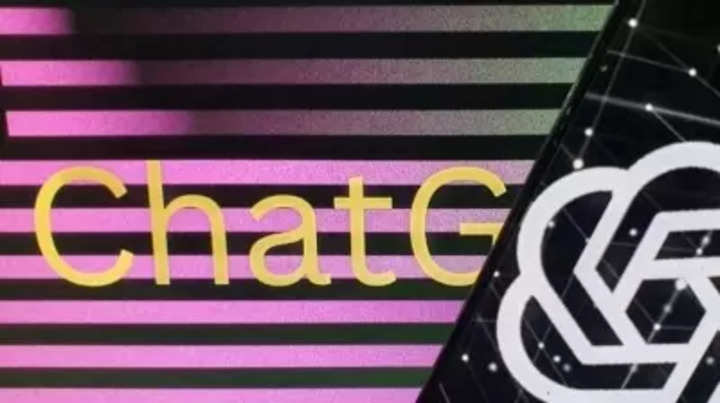Compare
Compare Mobile PhonesCompare LaptopsCompare TabletsCompare CamerasCompare TelevisionsCompare Power banksCompare Smart watchesCompare Air conditionersCompare Washing machinesCompare RefrigeratorsCompare Fitness bandsCompare EpilatorsCompare HaircurlersCompare TrimmersCompare HairstraightenersCompare HairdryersCompare Bluetooth SpeakersCompare HeadphonesCompare Air PurifiersCompare Water PurifiersCompare IronsCompare FansCompare Air FryersCompare Air CoolersCompare Hand BlendersCompare Food ProcessorsCompare Room HeatersCompare Chimneys
Top Searches
- Gadgets Now
- News
- Tech News
- "The tech that powers ChatGPT-style AI has hit dead-end"
"The tech that powers ChatGPT-style AI has hit dead-end"
FacebookTwitterLinkedinEMail
"The tech that powers ChatGPT-style AI has hit dead-end"
Gadgets Now Bureau / Updated: Jun 14, 2023, 07:34AM IST
FacebookTwitterLinkedinEMail

Enter Meta's I-JEPA
"Today AI and machine learning really sucks. Humans have common sense, machines don't," Yann LeCun told reporters at a Meta launch event in Paris. LeCun spoke as Meta announced its latest AI project -- called image-based Joint Embedding Predictive Architecture, or I-JEPA. Joint Embedding Predictive Architecture, or I-JEPA project aims to move beyond ChatGPT-like generative AI and give machines the ability to conceptualize abstract ideas and not just regurgitate what exists online.
"Generative models are the past, we will abandon them in favor of joint embedding predictive architecture," LeCun said, touting the Meta project he will lead.
"My prediction is that in a few years, generative large language models will not be used any more, we will have a better thing to replace them," he added.
Mark Zuckerberg welcomes JEPA
In a Facebook post, Meta CEO Mark Zuckerberg said that the JEPA tool was open source and that its aim was to develop AI that "more closely reflects how people understand the world." "We need models that perceive the world and make predictions. This research is another step in that direction," Zuckerberg added.
So far, compared to its rivals, Meta has taken a more subtle approach to generative AI for its social media platforms Facebook and Instagram. The company has released open source AI models that require less computing power than the technology that powers ChatGPT.
Follow Gadgets Now on Facebook and Twitter. For the latest news, tech news, breaking news headlines and live updates checkout Gadgetsnow.com
FacebookTwitterLinkedin
end of article
visual stories
Popular Premium Smartphones
Trending Gadgets
Trending Topics
Trending Stories
Brands
Mobiles
Move to Top




